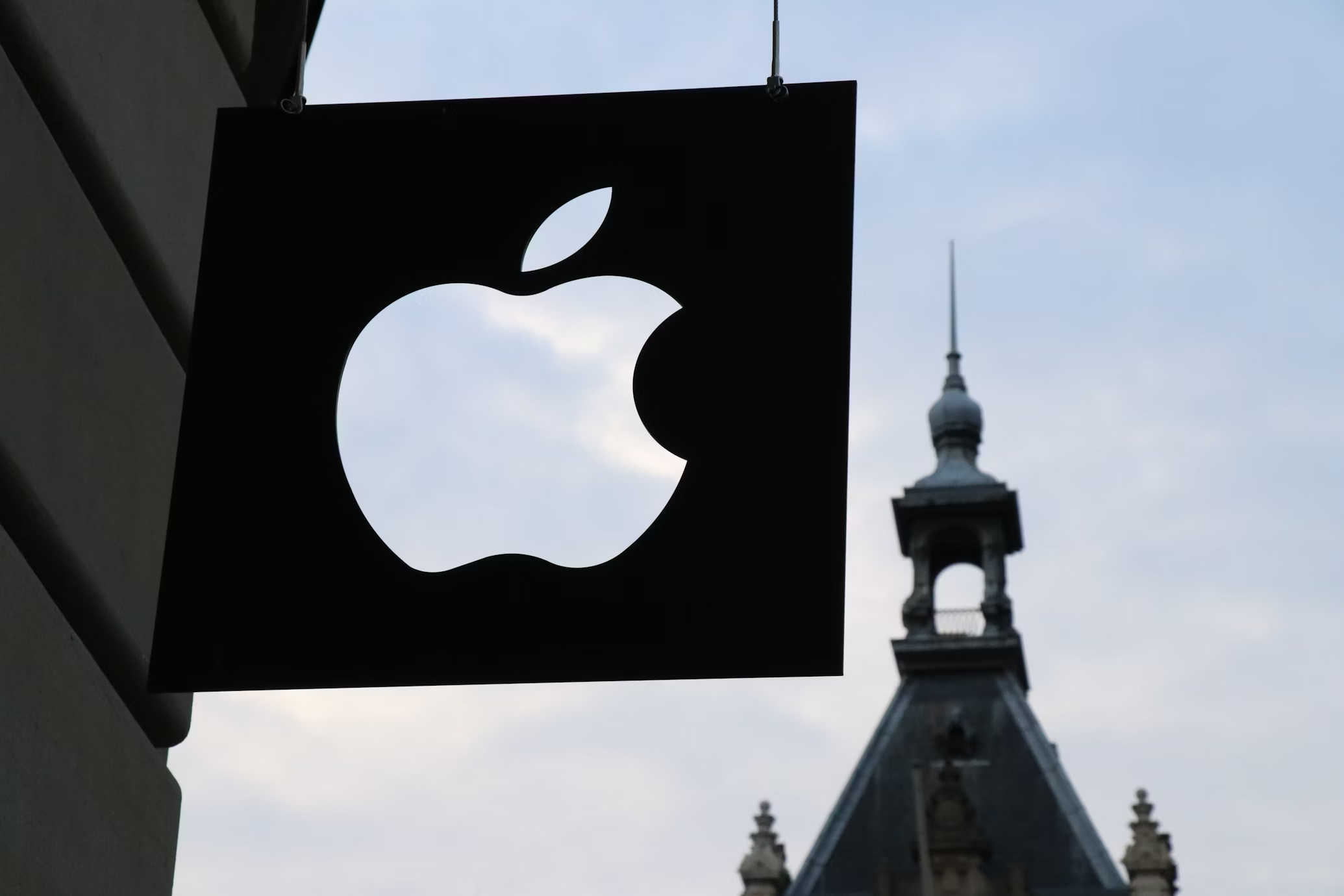Apple’s recent unveiling of its AI integration plans for its consumer products has sent ripples through the tech industry. While the omission of AI features in their latest Vision Pro, HomePod, and Apple TV models might raise eyebrows, the inclusion of “Apple Intelligence” in their Mac, iPad, and iPhone lineup later this year has significant implications.
Surprisingly, Apple’s foray into AI is being met with encouragement from competitors. Chip manufacturers like AMD, Intel, and Qualcomm see Apple’s success as a catalyst for their own chip sales, while OEMs such as Samsung, Dell, HP, and Lenovo anticipate increased demand for their devices and services. This seemingly unusual support stems from the belief that Apple has the potential to transform AI from a source of apprehension to a desirable feature for consumers.
Apple’s approach to achieving this shift lies in its emphasis on simplicity. Dubbed “AI for the rest of us,” Apple Intelligence aims to leverage the company’s vertically integrated product ecosystem to deliver a user-friendly and practical AI experience. This strategy aligns with Apple’s renowned marketing prowess, which has historically succeeded in making complex technologies accessible and appealing to a broad audience.
While the features offered by Apple Intelligence are not entirely groundbreaking, Apple’s ability to integrate them seamlessly into the daily routines of iPhone and Mac users could be transformative. This could be a pivotal moment for those unfamiliar with recent AI advancements, as Apple could potentially act as a gateway to greater understanding and acceptance of AI technology.
Observers note that Apple’s approach echoes its past successes: highlighting customer benefits of technologies it may not have pioneered. The demonstrations and descriptions of Apple Intelligence have effectively illustrated how AI can enhance the user experience across various consumer devices. This resonates with Apple’s track record of refining and popularizing features initially introduced by competitors.
The potential impact of Apple’s AI endeavors extends beyond its own products. By normalizing AI interactions and setting new standards for user engagement, Apple could pave the way for increased acceptance of AI across the entire consumer technology landscape. This could, in turn, trigger an upgrade cycle in the PC market, benefiting companies like Microsoft, which has been advocating for AI-powered PCs.
One of the most noteworthy aspects of Apple’s AI strategy is its potential to normalize the collection and utilization of extensive personal data. Apple Intelligence, much like Microsoft’s Copilot+ PCs, relies on a deep understanding of user preferences, schedules, communications, and relationships. The widespread acceptance of this level of data collection, coupled with assurances of security and privacy, could be a turning point for consumer AI adoption, ultimately boosting sales and revenue for device manufacturers.
In conclusion, Apple’s entry into the consumer AI arena could be a watershed moment for the industry. While the company’s AI features may not be revolutionary, its influence on consumer perception and adoption of AI could be profound. The success of Apple Intelligence could reshape the consumer technology landscape, driving demand for AI-powered devices and services, and normalizing the collection of personal data for AI-driven personalization.


